Euro 2024 stadiums
A guide to the stadiums that will host games at this summer's finals in Germany.

In the summer of 2024, three-time winners Germany will host the European Championship finals for the second time.
In 1988, eight teams took part in the event in West Germany, with 15 games played across eight venues to decide the winner - the Netherlands.
Thirty six years later, 24 teams will compete in a now unified nation over 51 games in 10 stadiums, each of them hoping to showcase moments as sublime as Marco van Basten's volley against the USSR that lit up the '88 final in Munich's Olympiastadion.
Some of those venues are the same but are changed almost beyond recognition. Others will be making their debut as a setting for international fixtures.
Below is all you need to know about each of them...


Olympiastadion Berlin
Stadium capacity: 70,000
Home team: Hertha Berlin
The Olympiastadion in Berlin is the largest venue in use at Euro 2024. It has staged every German Cup final since 1985, as well as several high-profile games on the continental and international stage, including Barcelona's victory over Juventus in the 2015 Champions League final.
The ground also hosted the 2006 World Cup final between Italy and France as one of six matches in that tournament.
It is no surprise then to see that it is the venue chosen to host the final of this summer's European tournament on 14 July.

Built in 1936, the Olympiastadion is the oldest venue in use for Euro 2024 - one that has showcased some truly iconic moments in sporting history.
It was at the 1936 Olympic Games, for which the stadium was built, that African American athlete Jesse Owens won four gold medals, amid propaganda from Germany's ruling Nazi party promoting "Aryan racial superiority".
Seventy-three years later, at the 2009 Athletics World Championships in the stadium, Usain Bolt broke the world record for both the 100m and 200m - setting 9.58 seconds for the former and 19.19 secs for the latter, both of which remain world bests today.
Euro 2024 fixtures
15/06: Spain v Croatia
21/06: Poland v Austria
25/06: Netherlands v Austria
29/06: Round of 16
06/07: Quarter-final
14/07: Final
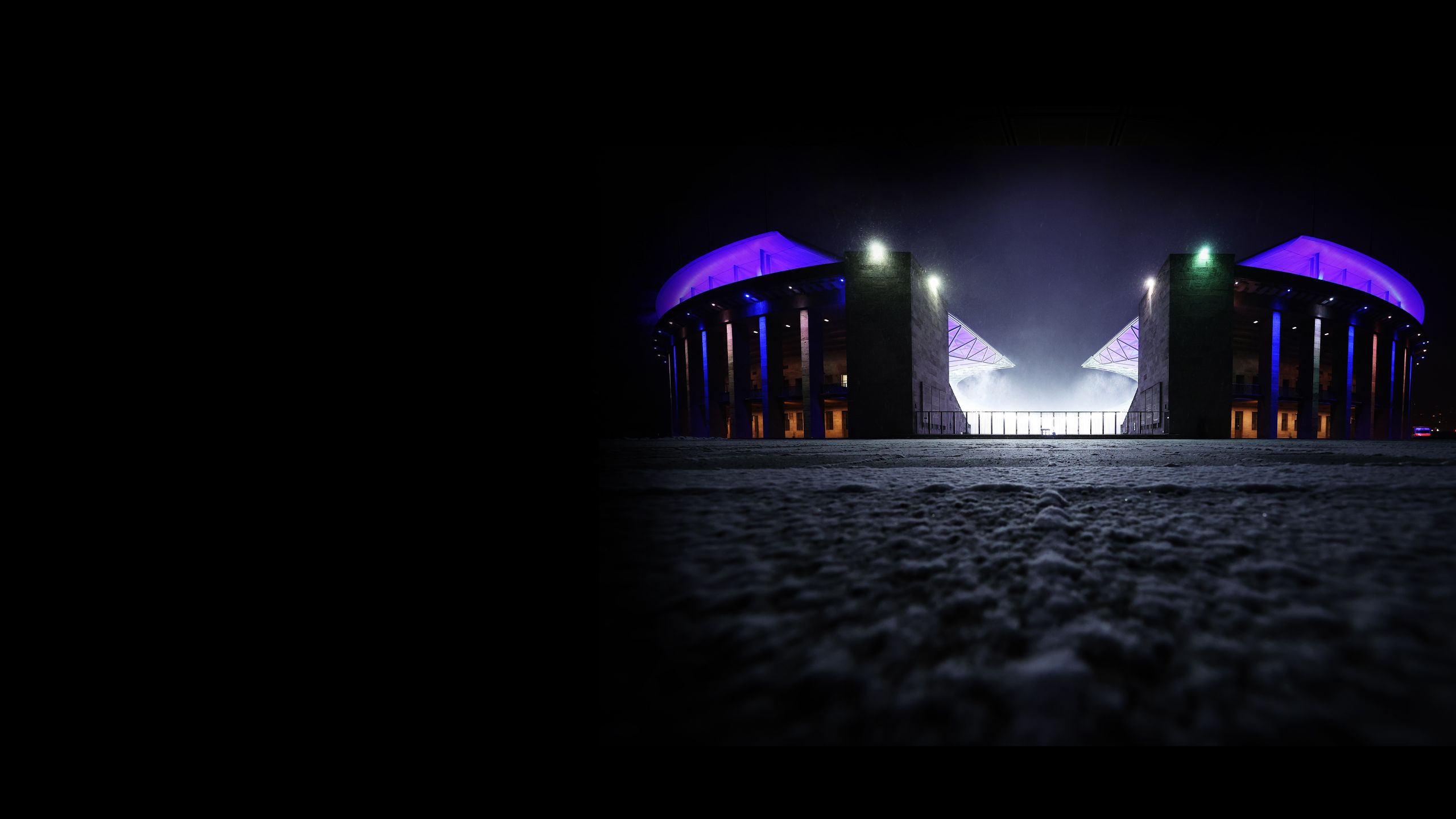



Cologne Stadium
Stadium capacity: 47,000
Home team: Cologne
A stadium has existed in Mungersdorf, Cologne since 1923, but its current iteration - the third built on the same site - was constructed in the early 2000s in order to host matches at the 2006 World Cup.
In total, five games of that global tournament were played at the ground, including England's 2-2 group-stage draw with Sweden and Ukraine's 3-0 penalty-shootout win over Switzerland in the last 16.
Similarly, this summer the ground will play host to five games, with its final involvement being a last-16 tie.

In its previous guise, as the Mungersdorfer Stadion, which opened in 1975, the venue was used twice at Euro '88. This included the USSR's group-stage win over the Netherlands, which acted as a precursor for the final, won by the Dutch.
The venue has been used to stage the final of Germany's Women's Cup final since 2010, but has shown versatility beyond football. It also hosts American football and ice hockey contests and music concerts, with both Pink Floyd and the Rolling Stones having performed shows.
Euro 2024 fixtures
15/06: Hungary v Switzerland
19/06: Scotland v Switzerland
22/06: Belgium v Romania
25/06: England v Slovenia
30/06: Last 16
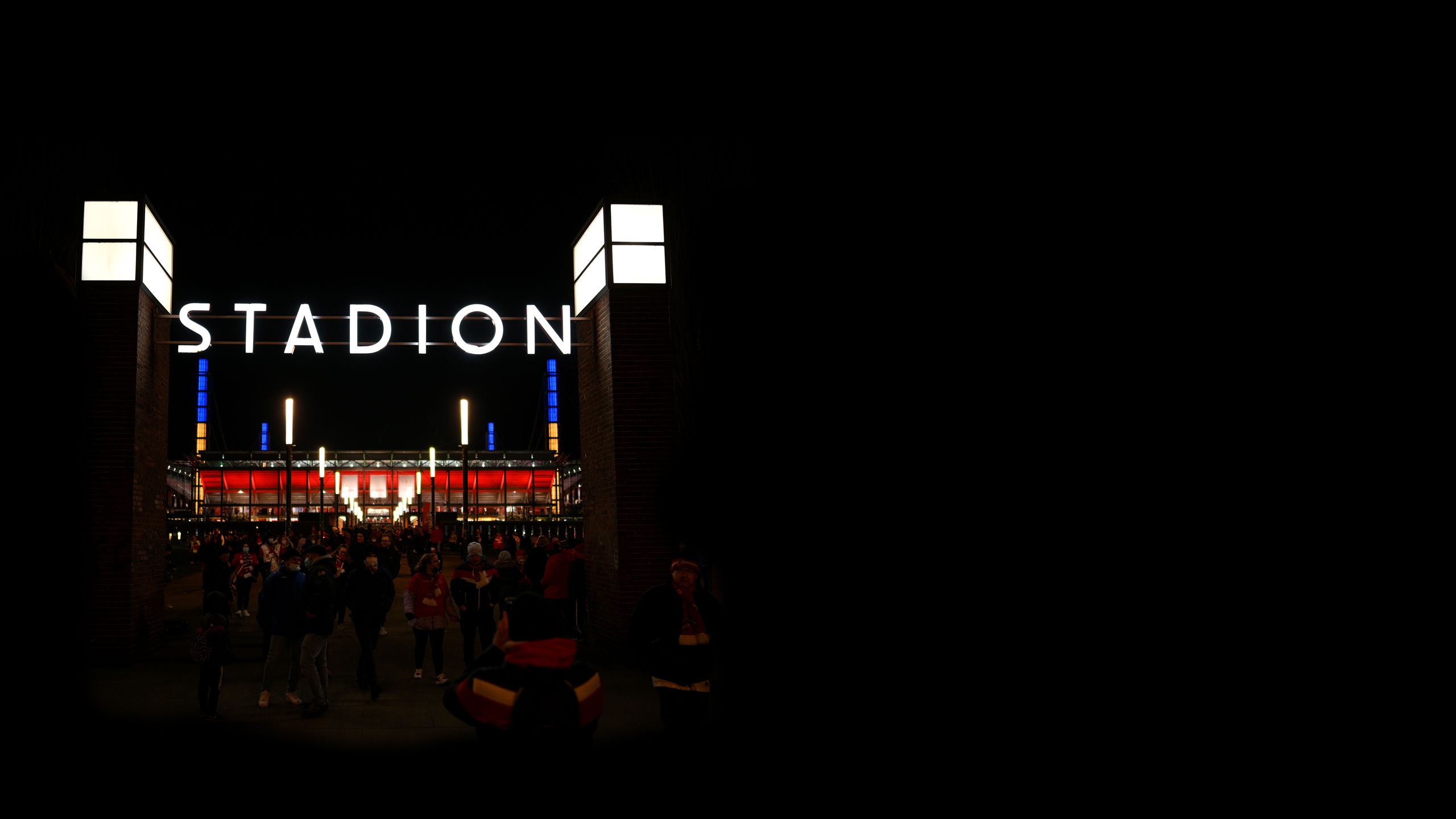


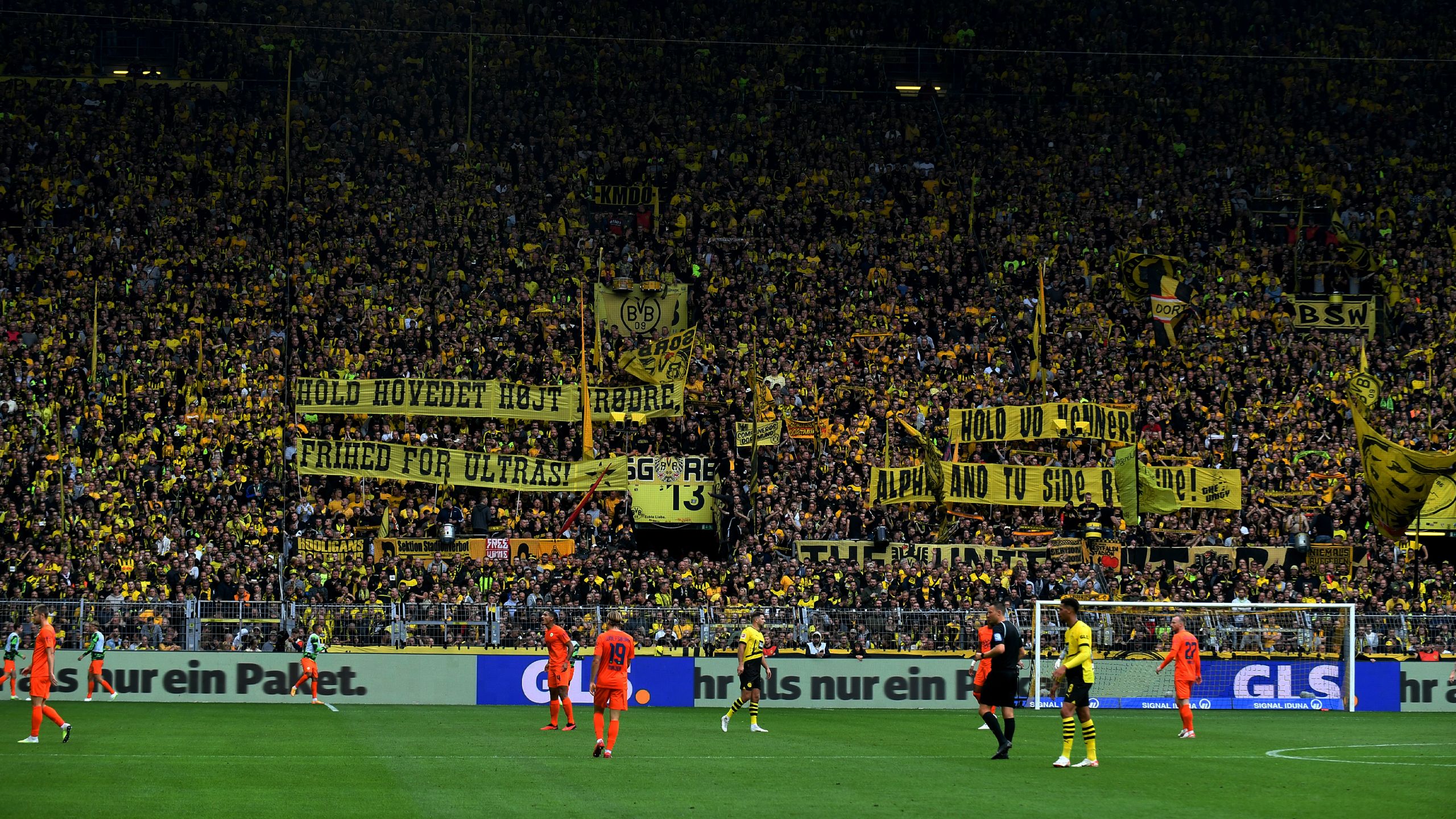
BVB Stadion Dortmund
Stadium capacity: 66,000
Home team: Borussia Dortmund
Famed across the world for its atmosphere, BVB Stadion Dortmund - or Signal Iduna Park as it is otherwise known - will host six fixtures at this summer's tournament, including one of the semi-finals.
Home to Borussia Dortmund, it is famed for its 24,454 capacity terraced Sudtribune (South Bank), which has been nicknamed Die Gelbe Wand or "The Yellow Wall" in recognition of the massed yellow-clad Dortmund fans who fill it.

The ground was built originally for the 1974 World Cup - for which it hosted four fixtures, including Scotland's 2-0 win over Zaire and three games featuring eventual losing finalists, the Netherlands.
It also hosted six games at the 2006 World Cup, which included 65,000 people watching hosts Germany exit at the semi-final stage to eventual champions Italy.
One for the bucket list of many football fans, the ground has been a regular fixture for Champions League fixtures. One of the most famous European games held there actually came in the 2000-01 Uefa Cup, when Liverpool beat Alaves 5-4 thanks to a 116th-minute own goal from Delfi Geli.
Euro 2024 fixtures
15/06: Italy v Albania
18/06: Turkey v Georgia
22/06: Turkey v Portugal
25/06: France v Poland
29/06: Last 16
10/07: Semi-final




Dusseldorf Arena
Stadium capacity: 47,000
Home team: Fortuna Dusseldorf
Built in the early 2000s and completed in 2004, the distinctively square Dusseldorf Arena replaced the Rheinstadion that occupied a similar spot near the banks of the river Rhine.
Also known as the Merkur Spiel-Arena, the ground is the home of Fortuna Dusseldorf, who are currently undertaking their fourth season in Germany's second tier, 2 Bundesliga.
Euro 2024 will be the first major football tournament held at the venue, although it has previously hosted international fixtures, with both Germany and other nations using it for games.

Its retractable roof and heating system makes the arena a good venue for music, with the likes of the Rolling Stones, Bon Jovi, Bruce Springsteen, Take That, Madonna. Beyonce and One Direction having all played shows there.
In 2011, it hosted the Eurovision Song Contest, which included Jedward representing Ireland and Blue being the UK entry with 'I Can'.
It has also hosted high-profile boxing fights, including Tyson Fury's unanimous points decision win over Wladimir Klitschko in November 2015.
Euro 2024 fixtures
17/06: Austria v France
21/06: Slovakia v Ukraine
24/06: Albania v Spain
01/07: Last 16
06/07: Quarter-final




Frankfurt Arena
Stadium capacity: 46,000
Home team: Eintracht Frankfurt
The Frankfurt Arena, otherwise known as the Waldstadion or Deutsche Bank Park, is approaching its 100-year anniversary. Built on the site of a former military shooting range, the stadium was opened in May 1925, with an initial capacity of 35,000.
It has since undergone two major reconstructions - in the 1950s and 1970s, the latter in preparation for the 1974 World Cup. Notable international fixtures played here include England's 3-1 loss to the USSR at Euro 1988 and the final of the 2005 Confederations Cup, which saw Brazil beat Argentina 4-1.
Its principle use is as the home of Bundesliga side Eintracht Frankfurt but it has also been utilised for American football games, with Frankfurt Galaxy using the ground. The NFL made its debut in the stadium in 2023 with two regular-season games.

Muhammad Ali also fought at the venue, in 1966 when he beat German Karl Mildenberger via a 12th-round knockout for the World Heavyweight title.
Like some of the other Euro 2024 stadiums, it has also served as a music venue, hosting gigs from the likes of Bruce Springsteen, The Rolling Stones, Michael Jackson and, more recently, Ed Sheeran, Beyonce and Harry Styles.
The weather won't be an issue at Frankfurt Arena, which comes equipped with a retractable roof.
Euro 2024 fixtures
17/06: Belgium v Slovakia
20/06: Denmark v England
23/06: Switzerland v Germany
26/06: Slovakia v Romania
01/07: Last 16




Arena AufSchalke
Stadium capacity: 50,000
Home team: Schalke
The Arena AufSchalke, or Veltins Arena, is another venue at Euro 2024 with a retractable roof. It also has a retractable pitch, giving the stadium in the city of Gelsenkirchen a huge versatility to the kind of events it can stage.
Devised in the late 1990s and opened in August 2001, the stadium is principally the home of Bundesliga side Schalke, who were in need of a new, more modern ground to represent a club on the up following their 1997 Uefa Cup win. The Arena AufSchalke is built in the vicinity of their old Parkstadion.
The pitch can be moved in and out of the stadium in four hours, allowing the grass to be grown in more natural outdoor conditions while also protecting it when the stadium is used for purposes other than football. These include speedway, winter sports such as bob, skeleton and biathlon and, of course, music concerts. Taylor Swift is due here in July 2024.

As regards major football games to have taken place at the ground, these include the 2004 Champions League final in which Jose Mourinho's Porto completed their odds-defying run to glory with a 3-0 win over Monaco.
It doesn't have fond memories for England fans, though. It was also the venue at which Wayne Rooney was sent off before the Three Lions fell to a penalty shootout loss to Portugal in the quarter-finals of the 2006 World Cup.
Euro 2024 fixtures
16/06: Serbia v England
20/06: Spain v Italy
26/06: Georgia v Portugal
30/06: Last 16
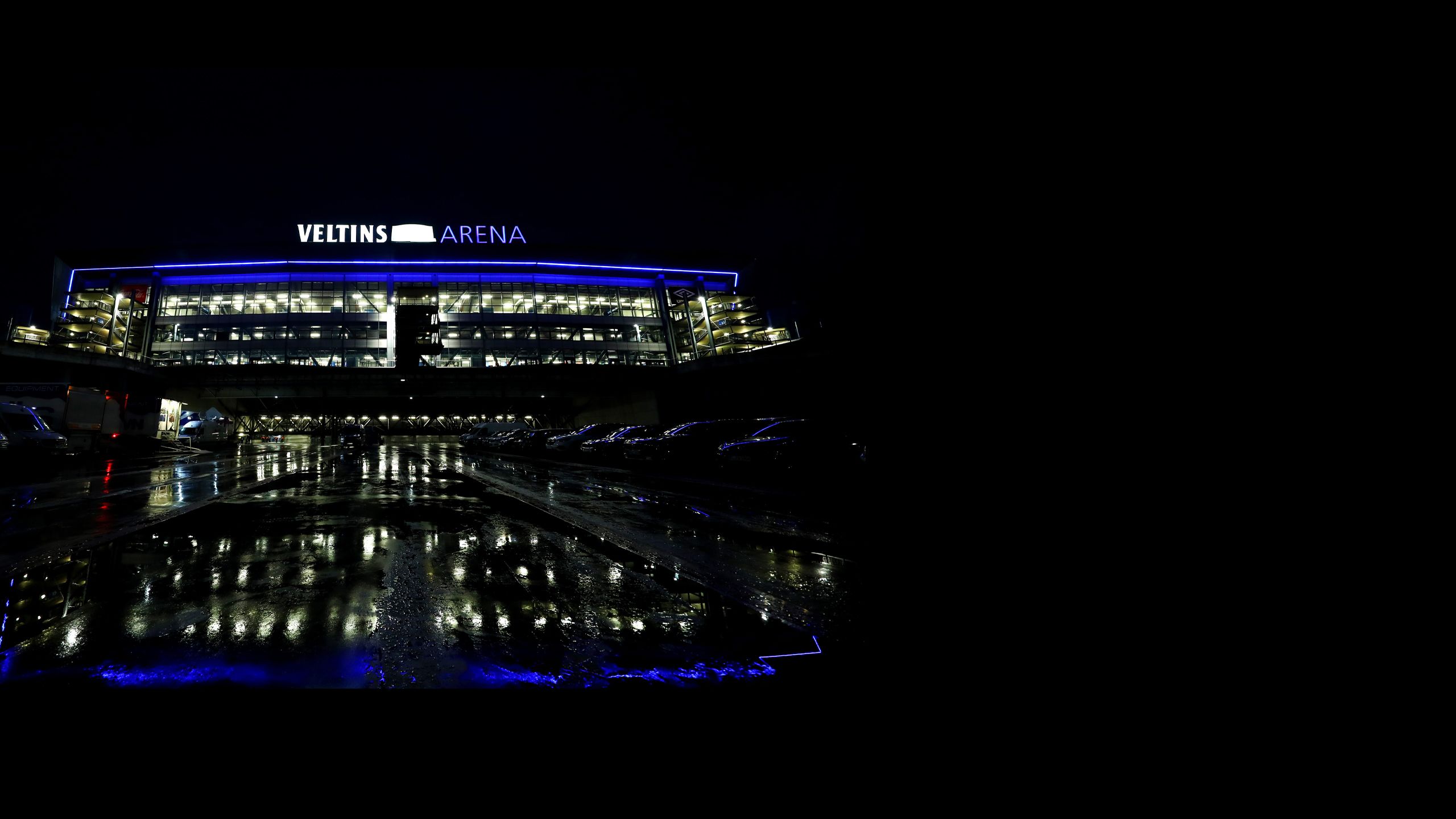
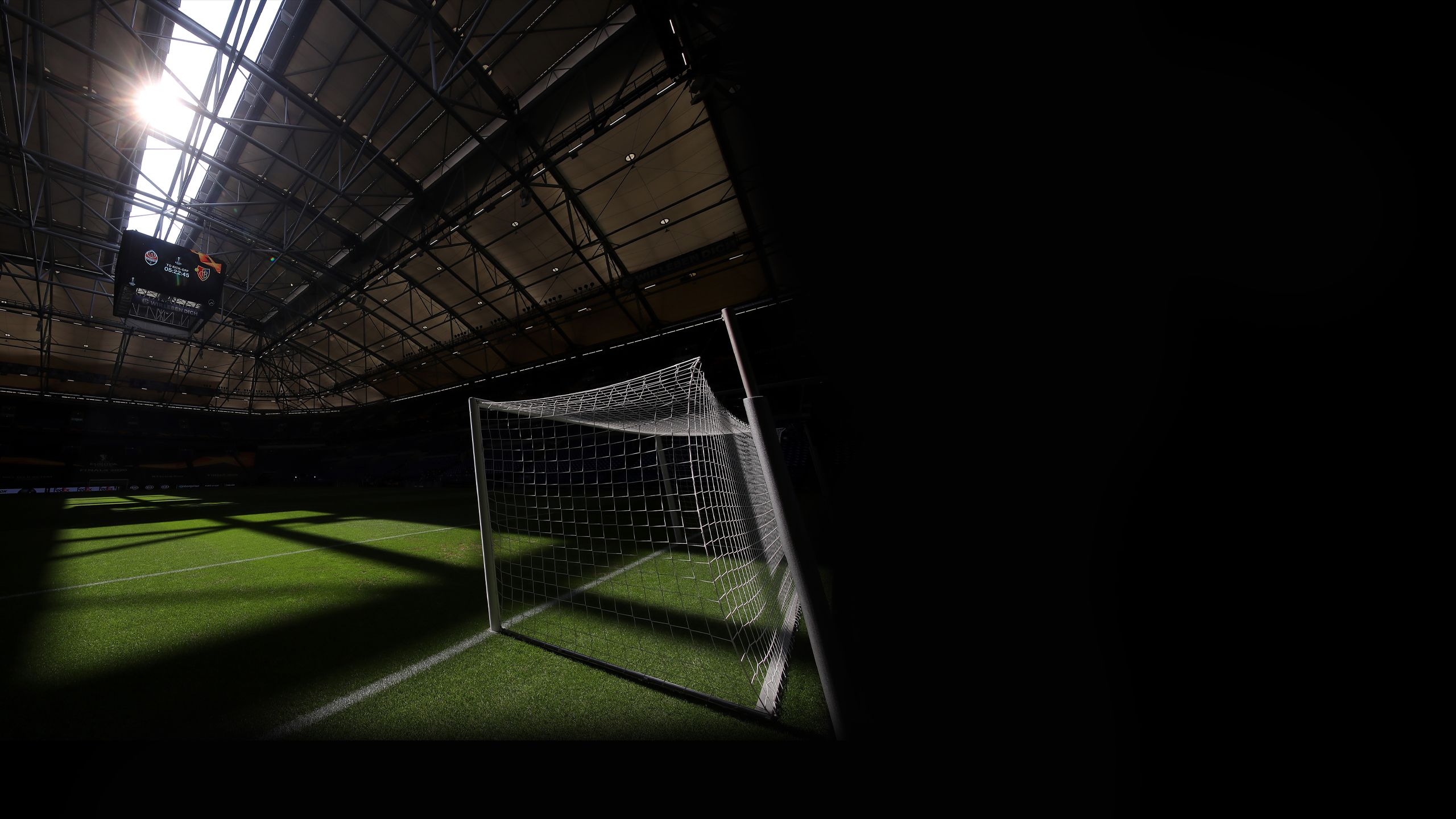


Volksparkstadion Hamburg
Stadium capacity: 50,000
Home team: Hamburg SV
The current Volksparkstadion was constructed in the late 1990s and opened in 2000. It was built on the site of the former ground which had stood since the early 1950s and constructed from materials that came from the ruins of Eimsbuttel - a district of Hamburg that had been destroyed under Allied bombing during World War Two.
It is home to one of the Bundesliga's founding clubs, Hamburg SV, who in 2017-18 were relegated for the first time to the German second tier, where they have been ever since.
Despite not hosting regular top-flight football, the ground remains an elite-level Uefa category 4 stadium, making it eligible to host their most prestigious club football matches.
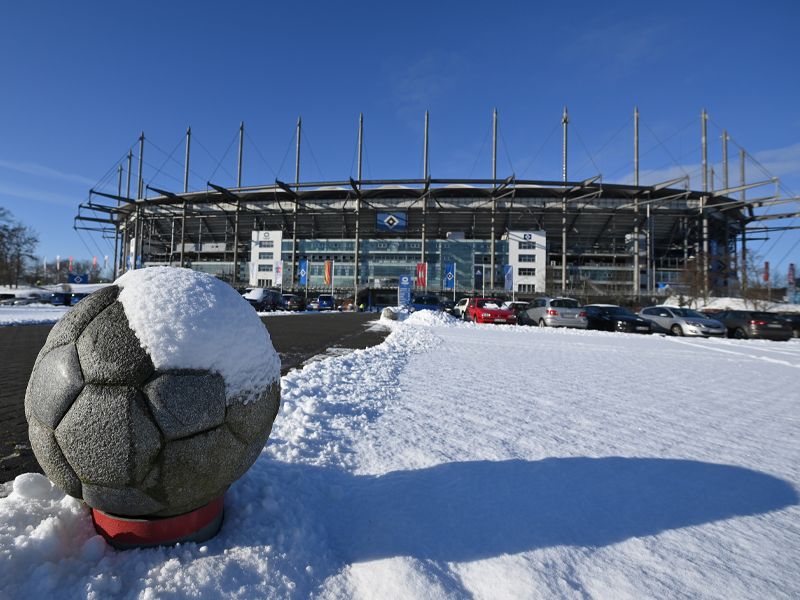
To underline its suitability for elite-level games, the ground has been used by Ukrainian side Shakhtar Donetsk for its Champions League fixtures in 2023-24.
The Ukraine national team also featured notably at the Volksparkstadion in two of the five games the ground hosted at the 2006 World Cup, with mixed results. They beat Saudi Arabia 4-0 in the group stage before losing 3-0 to eventual winners Italy in the last eight.
Fulham fans will remember it well as the venue they descended upon to see their side lose to Atletico Madrid in the final of the 2010 Europa League.
Euro 2024 fixtures
16/06: Poland v Netherlands
19/06: Croatia v Albania
22/06: Georgia v Czech Republic
26/06: Czech Republic v Turkey
05/07: Quarter-final

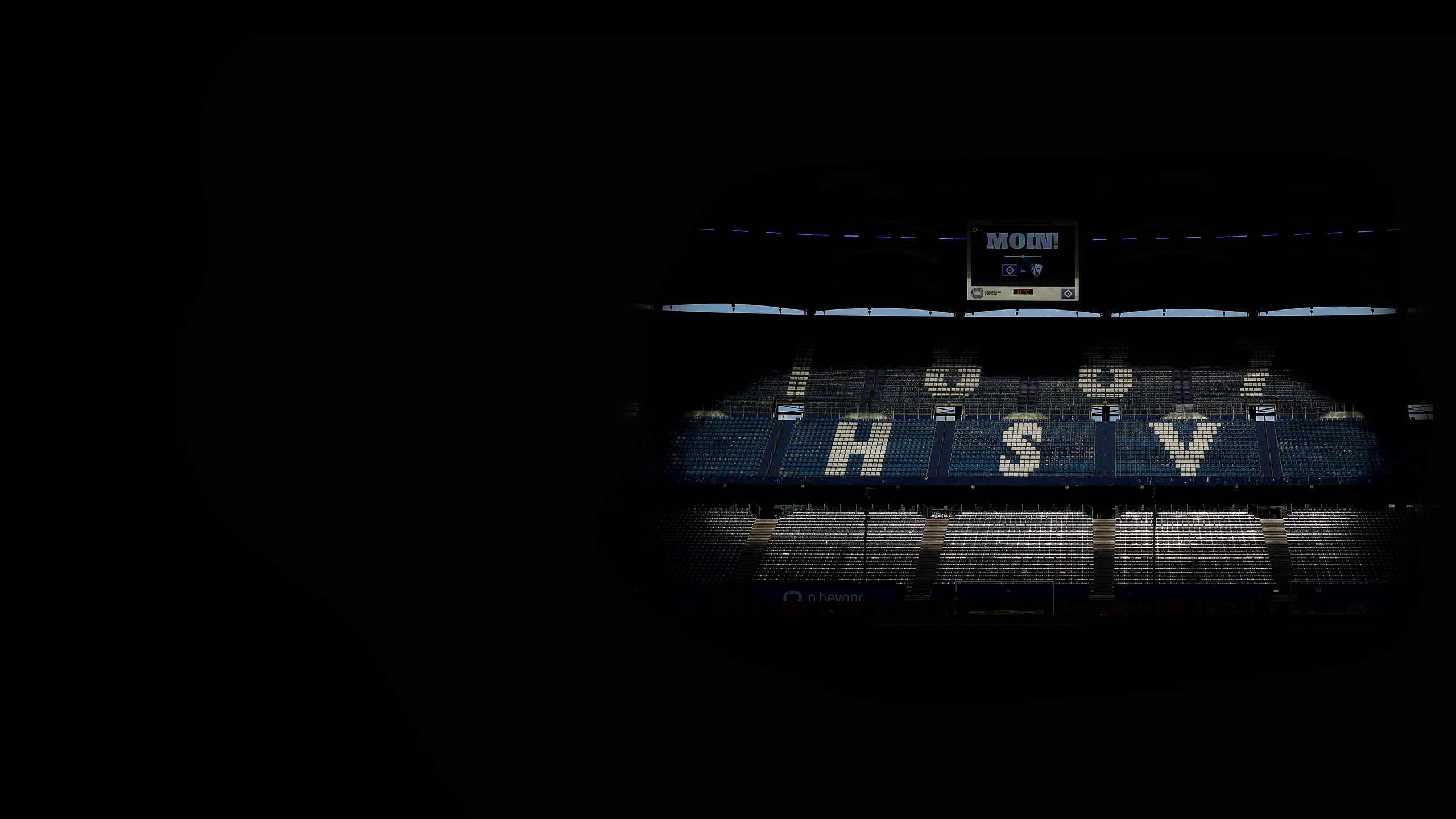


Leipzig Stadium
Stadium capacity: 42,000
Home team: RB Leipzig
Built within the shell of the old Zentralstadion, that had stood since 1956, Leipzig Stadium is the home of RB Leipzig and otherwise known as the Red Bull Arena. It opened in 2004 and is the biggest stadium in the former East Germany.
In its original guise, the stadium was utilised by a number of Leipzig-based sides in the 20th century before it fell into disrepair, prompting the city to construct the new stadium. This was then used occasionally by FC Sachsen Leipzig until 2007.
Following Red Bull's takeover of SSV Markranstadt and its renaming to RasenBallsport Leipzig, the stadium was quickly identified by the drinks company as a permanent home for their new asset, becoming reality in 2010.

Five games were held at the venue during the 2006 World Cup, with its final fixture being the last-16 tie between Argentina and Mexico, won in extra time by Maxi Rodriguez's stunning strike.
A regular feature in the Champions League due to RB Leipzig's ongoing success, it will be familiar to many English fans. Most recently, Manchester City visited in Europe's premier club competition, winning 3-1 in October 2023.
Euro 2024 fixtures
18/06: Portugal v Czech Republic
21/06: Netherlands v France
24/06: Croatia v Italy
02/07: Last 16

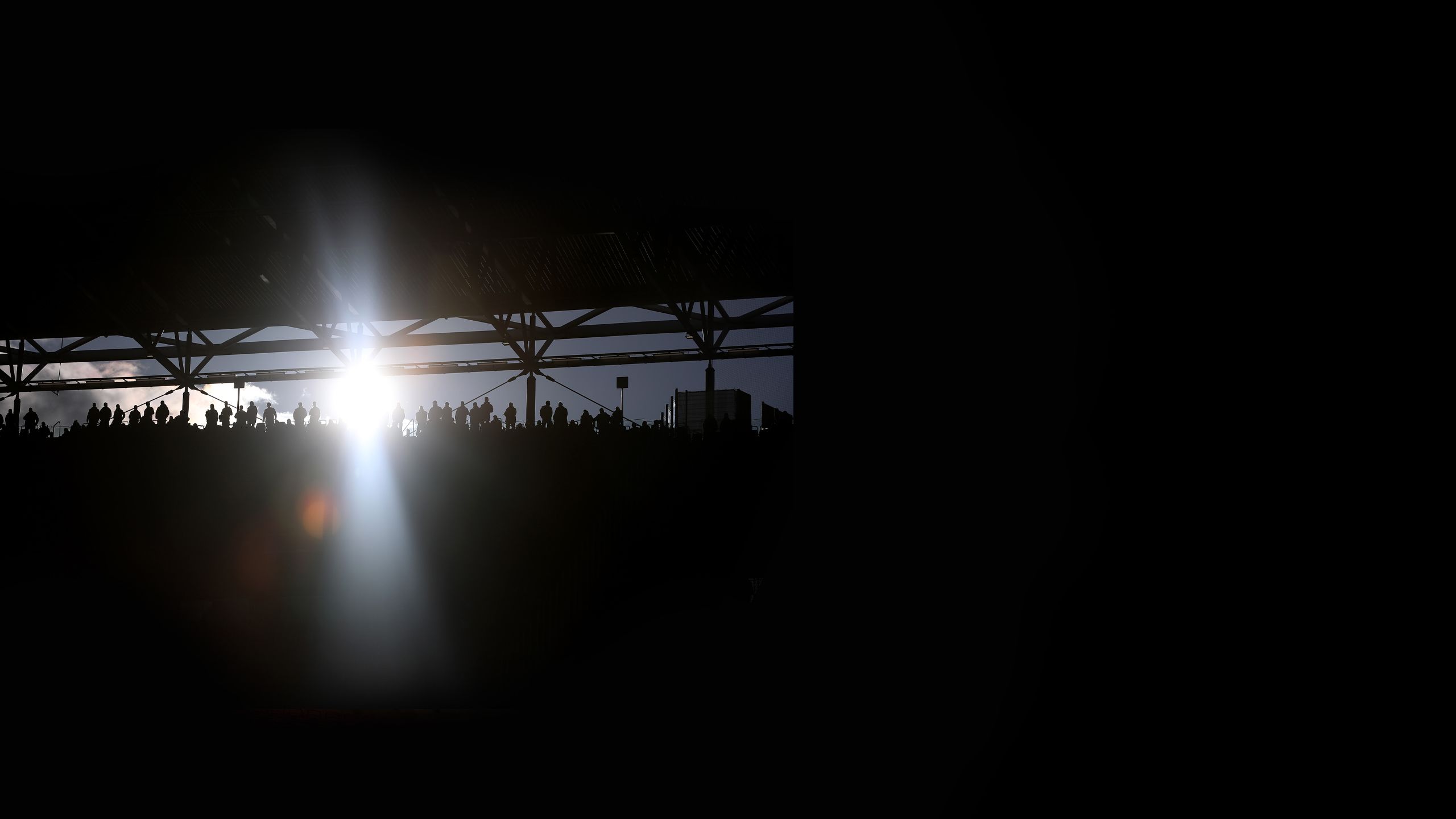


Munich Football Arena
Stadium capacity: 67,000
Home team: Bayern Munich
Munich Football Arena is one of Europe's most iconic grounds, not only as the home of one of the continent's finest sides in Bayern Munich but also because of its unique multi-diamond pattern inflated plastic exterior. Otherwise known as the Allianz Arena, it is the first stadium in the world with a shell that can completely change colour.
Built in the early 2000s and opened in 2005, the stadium was initially a joint venture between Bayern Munich and 1860 Munich, but the latter's financial issues saw the former purchase their 50% share in 2006. An agreement to allow 1860 to play in the stadium until 2025 was agreed but cancelled by Bayern in 2017, leaving them as sole tenants.
A regular fixture in the latter stages of the Champions League, the ground has seen its fair share of celebrations since its opening, with Bayern having won 14 Bundesliga titles since moving in, including each of the last 11.

Not often a happy hunting ground for English clubs, there was a notable exception in 2012 when Chelsea defied home advantage to beat Bayern in the Champions League final.
It's also proving a very happy home for England captain Harry Kane, who moved to Bayern from Tottenham in the summer of 2023 and has been scoring goals at an impressive rate since.
Six 2006 World Cup fixtures were played at the ground, including Germany's opening 4-2 win over Costa Rica and 2-0 victory over Sweden in the last 16 as well as France beating Portugal in the semis.
It hosted four Euro 2020 fixtures - all three of Germany's three group games and eventual winners Italy's 2-1 win over Belgium in the last eight.
Euro 2024 fixtures
14/06: Germany v Scotland
17/06: Romania v Ukraine
20/06: Slovenia v Serbia
25/06: Denmark v Serbia
02/07: Last 16
09/07: Semi-final

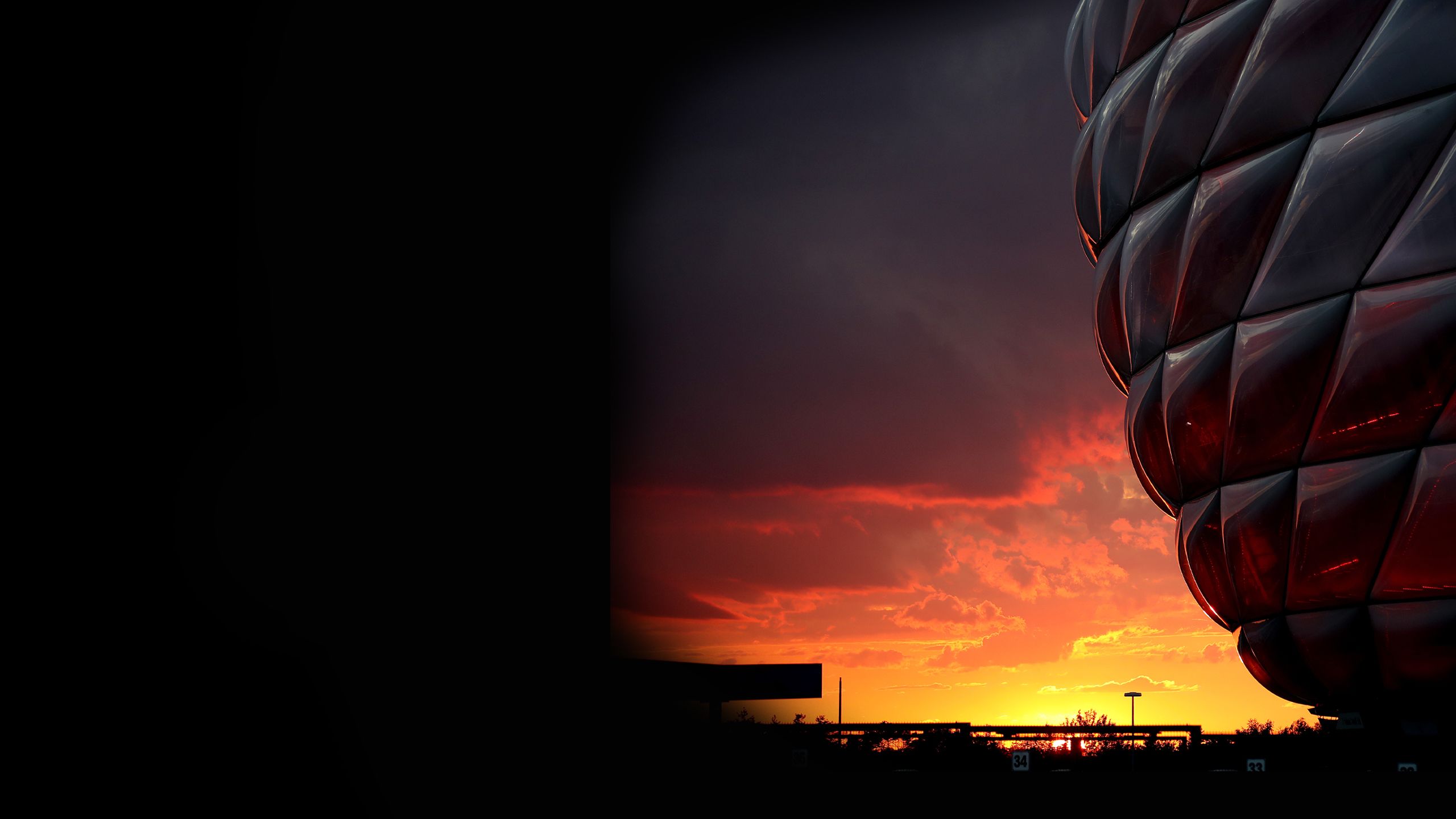


Stuttgart Arena
Stadium capacity: 54,000
Home team: Stuttgart
Built in 1933, the Stuttgart Arena has been renovated and renamed a number of times during its long history. Now also known as the MHPArena for sponsorship reasons, its other monikers include Mercedes-Benz Arena, Gottlieb-Daimler-Stadion and Century Stadium.
The stadium has been used to host other sports in the past, including the 1993 World Athletics Championships and several American football Eurobowl finals. However, renovations completed in 2011 made it a football-only venue. In the process of this work, 18 undetonated bombs left over from air raids on the city during World War Two were discovered on the site.
As part of the work to modernise the stadium, its recognisable fabric roof design was installed, made of durable PVC-coated polyester.

Five-time national champions VfB Stuttgart call the ground home, but it has also acted as host for numerous other high-profile club fixtures and international matches.
Two European Cup finals have been held at the ground - Real Madrid's win over Reims in 1959 and PSV Eindhoven's penalty-shootout victory over Benfica in 1988.
Having hosted four matches in the 1974 World Cup, two Euro 1988 fixtures were played here, including the Republic of Ireland's 1-0 win over England in the group stages.
England also played at the venue in the 2006, beating Ecuador 1-0 in the last 16 as one of six World Cup games, which also included Germany's win over Portugal in the third-place play-off.
Euro 2024 fixtures
16/06: Slovenia v Denmark
19/06: Germany v Hungary
23/06: Scotland v Hungary
26/06: Ukraine v Belgium
05/07: Quarter-final


Credits
Written and produced by Phil Dawkes
Sub-edited by Richard Dore
Images by Getty Images
